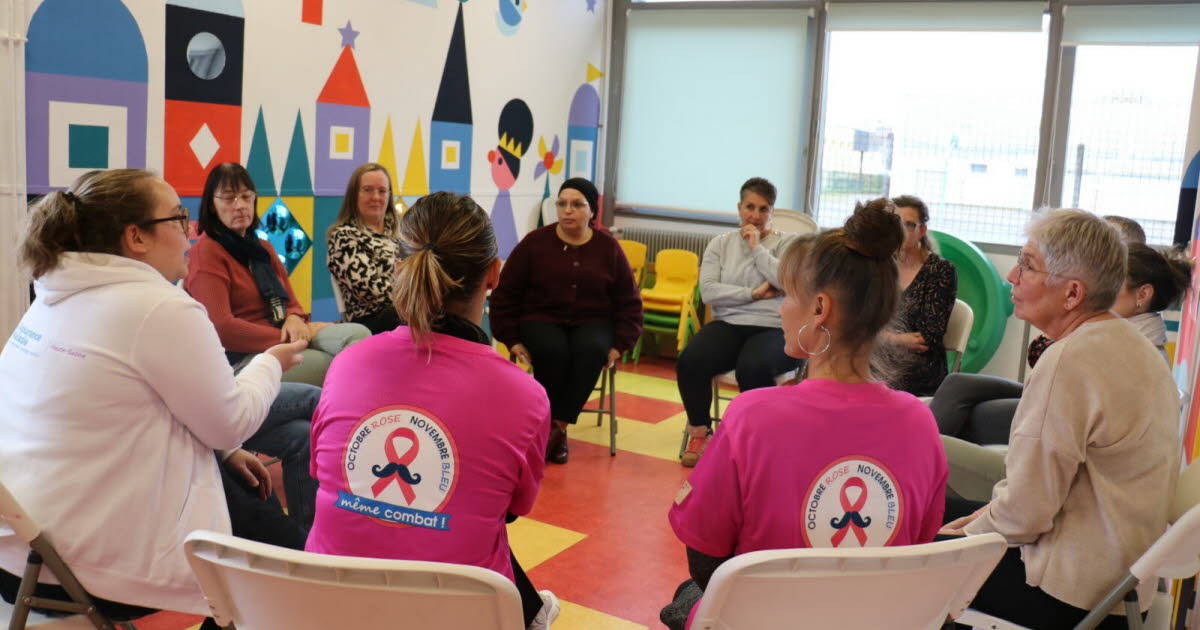Depakine: the risk of fetal developmental disorders also exists when taken by the father, confirms a large French study
Sodium valproate, the molecule at the base of the antiepileptic drug Depakine, can disrupt the development of a child if taken by the father in the months preceding conception, concludes a large study conducted in France on Thursday, November 6.
There is "an increased risk of neurodevelopmental disorders (NDDs) in children" after "paternal exposure to valproate during the conception period" , explains a press release from the Epi-Phare group, bringing together the National Agency for the Safety of Medicines (ANSM) and the Health Insurance, relaying a study.
"The results show an overall 24% increase in the risk of TND in children whose father was treated with valproate at the time of conception, compared to those whose father was treated with lamotrigine or levetiracetam – two drugs recommended as first-line treatment due to their better safety profile," the press release details.
More specifically, the risk of intellectual developmental disorders appears to be doubled in exposed children. The link is less clear with other disorders, such as attention or language disorders.
Well-known risks during pregnancyValproate is the active ingredient in Depakine. This antiepileptic drug, produced by Sanofi and other companies for its generic versions, is already well known for its dangers when taken by pregnant women.
In children exposed during pregnancy, the treatment often produces malformations (one in ten cases) and even more developmental disorders, such as autism or cognitive delays (at least one in three cases).
More recently, a potential risk has also been identified if the treatment is taken by future fathers, due to the effects of the molecule on the sperm production process.
The European Medicines Agency (EMA) warned in 2023 of a possible risk of developmental disorders in children, based on a study conducted in Scandinavian countries. However, it cautioned that the methodology was insufficient to definitively conclude that such an effect existed.
A confirmed risk for expectant fathersSeveral countries have already restricted the prescription of Depakine to expectant fathers. In France, since 2025, only neurologists, psychiatrists, and pediatricians have been authorized to prescribe this medication to men who may father a child.
In this context, the Epi-Phare study, which examined nearly three million births recorded between 2010 and 2015, provides more precise information. "There is a potentially lower risk" when the treatment is "taken by the father rather than the mother. Nevertheless, these are potentially serious consequences for the child," Philippe Vella, medical director of the ANSM, explained to Agence France-Presse (AFP).
However, "in epilepsy, abruptly stopping treatment can be extremely harmful," he warns. "If a patient wants to have a child and stop taking valproate, this is a discussion that must take place with the doctor."
Le Monde with AFP
lemonde





